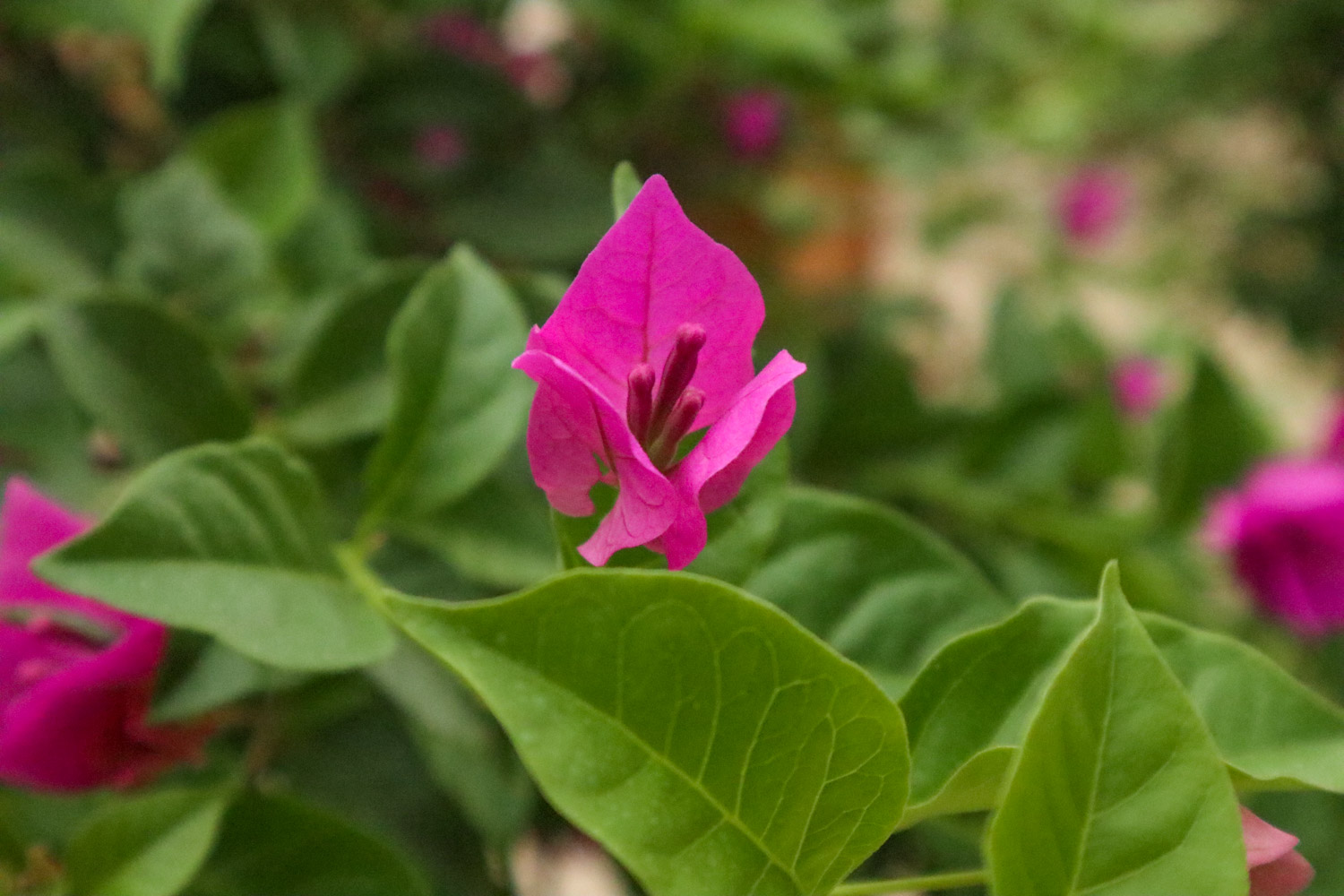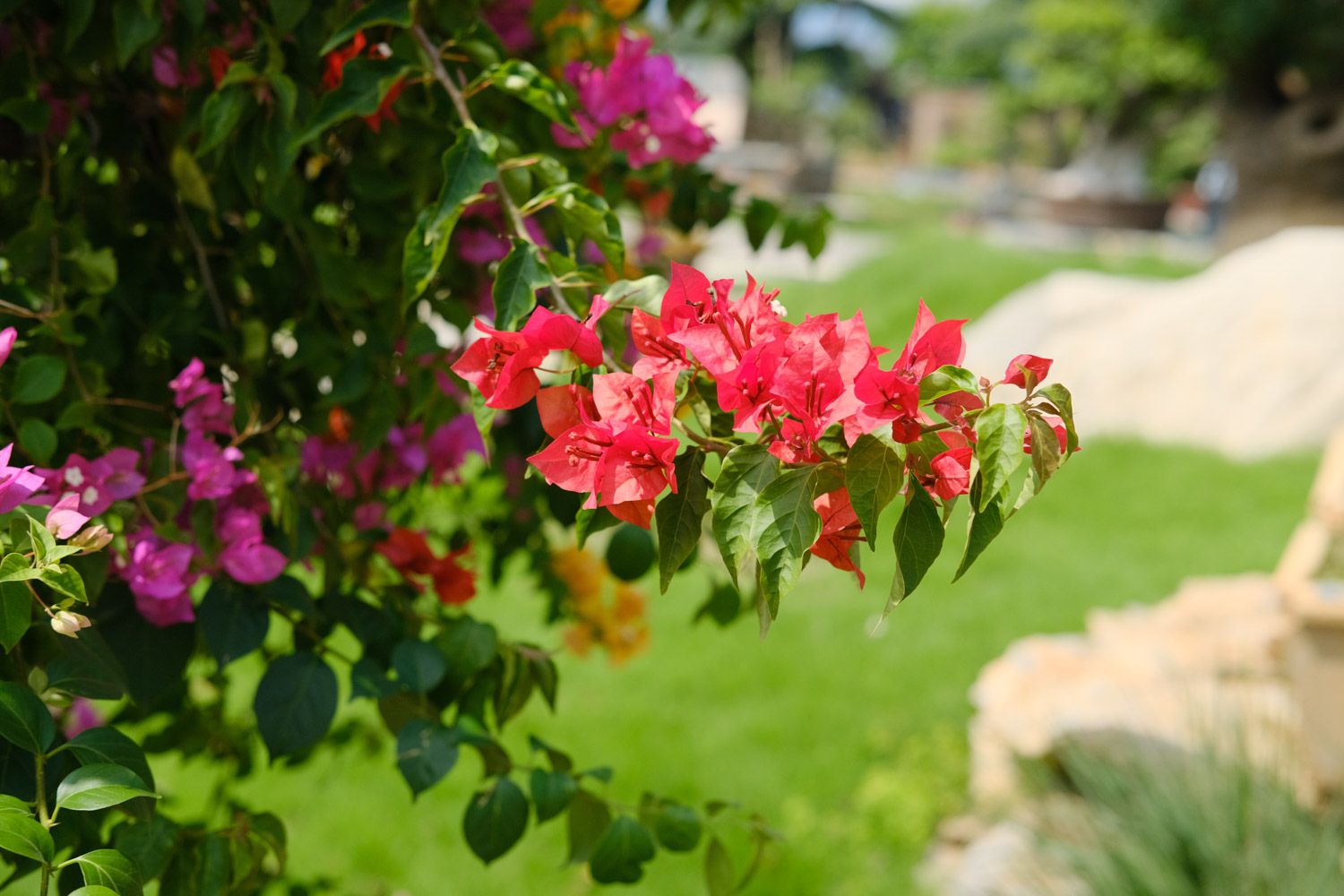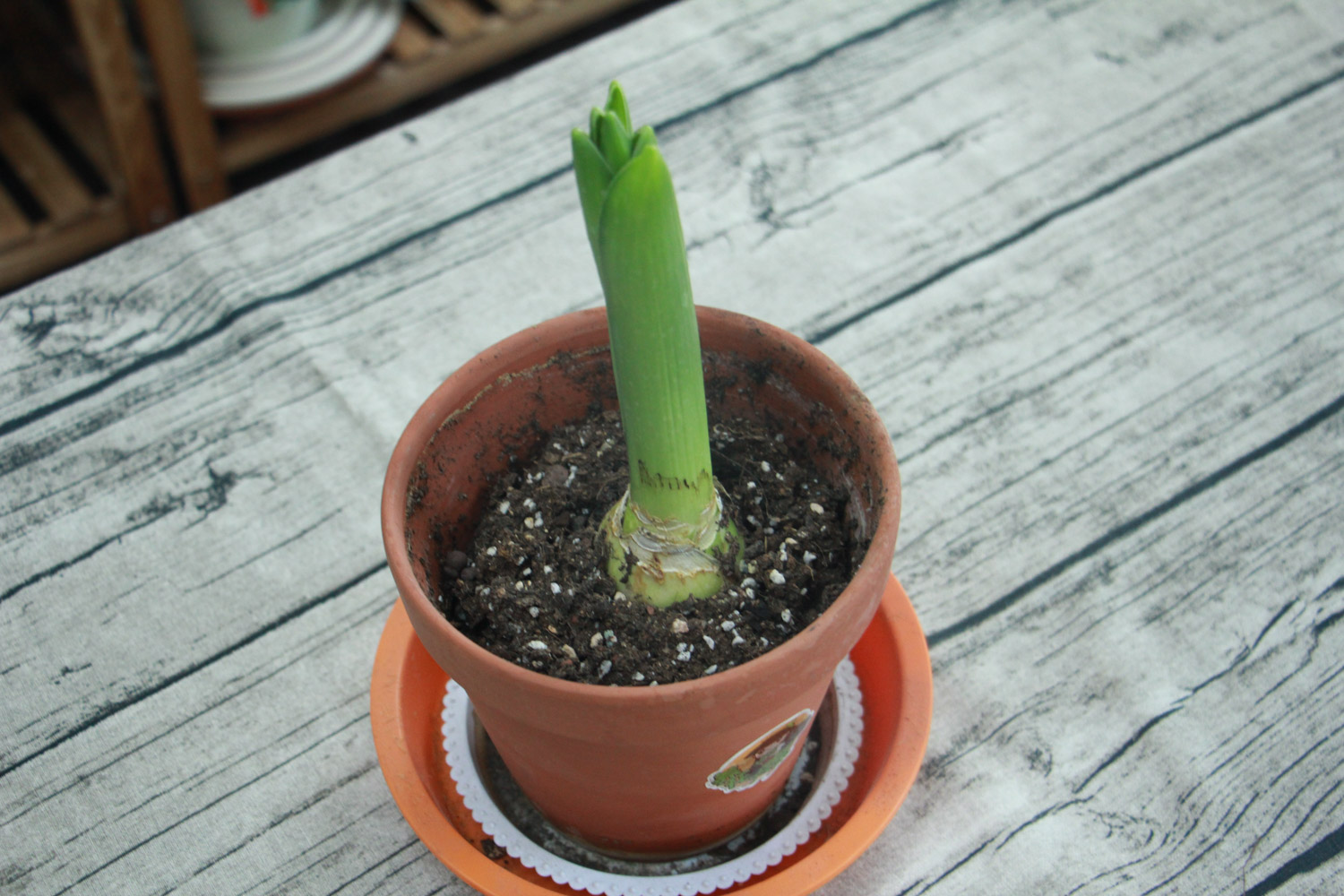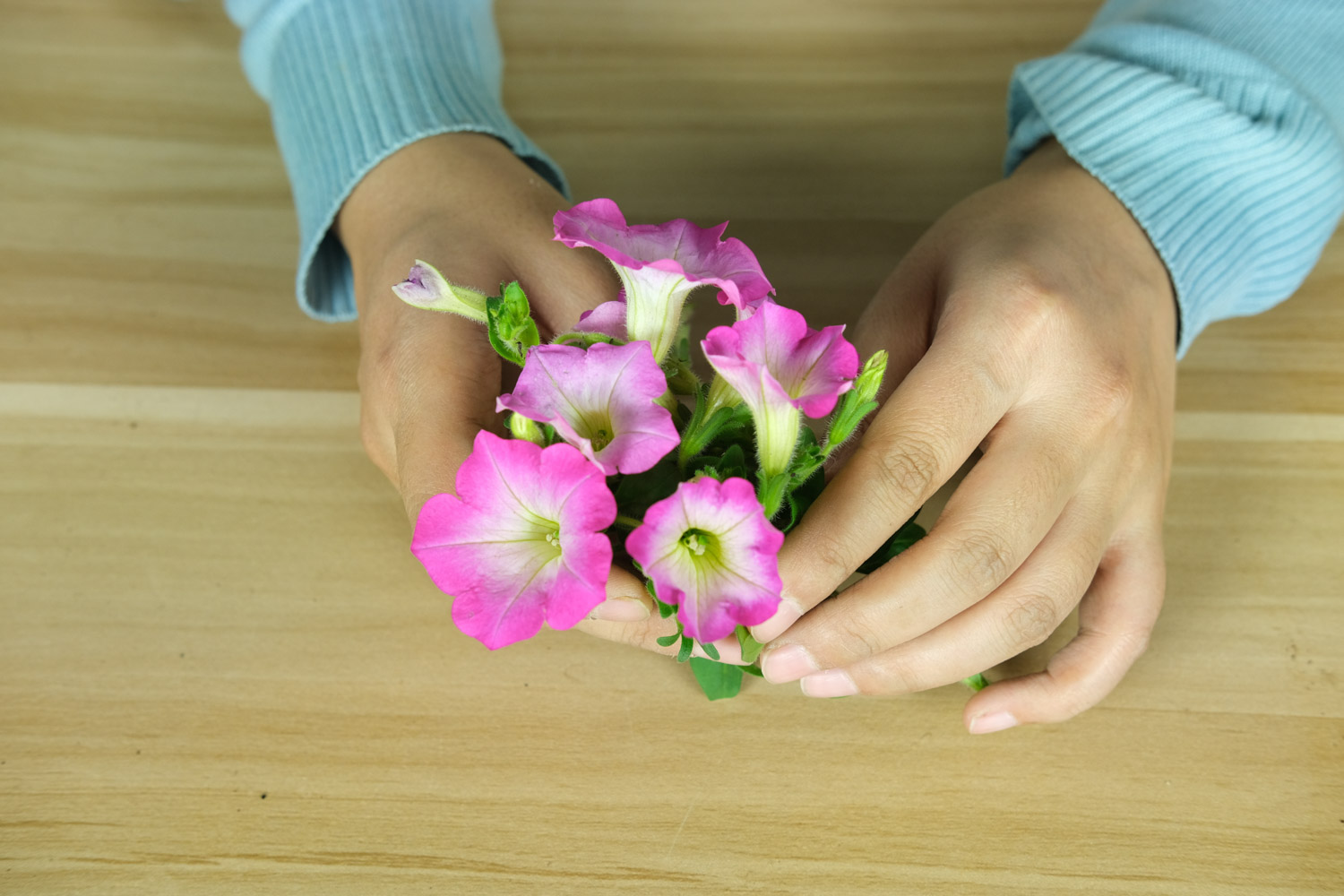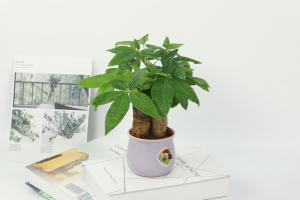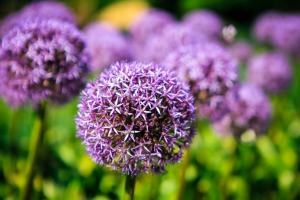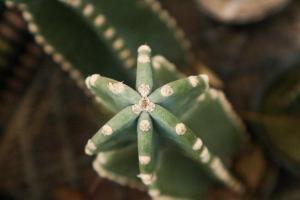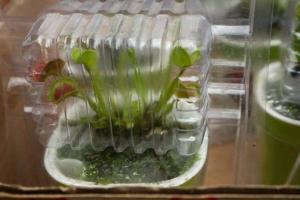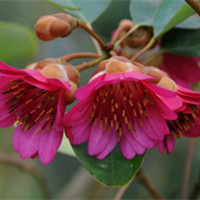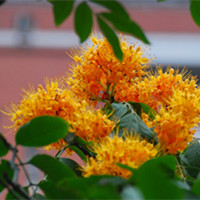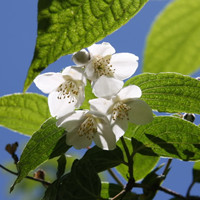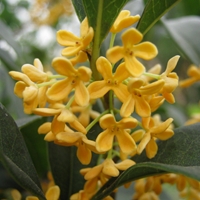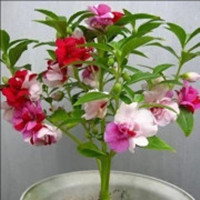Impatiens nickname
Henna, acute seed, daughter flower, Golden Phoenix, Impatiens bone penetrating grass
Morphological characteristics of Impatiens
Annual herb, 60-100 cm tall. The stem is stout, fleshy, erect, unbranched or branched, glabrous or sparsely pilose when young, the diameter of the base can reach 8 mm, with most fibrous roots, and the lower nodes are often expanded
Growth habit of Impatiens
Impatiens likes sunshine, is afraid of humidity, and is heat-resistant but not cold resistant. Sunny terrain and loose and fertile soil can also grow in poorer soil
Originating in China and India. Widely cultivated in gardens all over China, it is a common ornamental flower
Main value of Impatiens
Medicinal: Impatiens root, leaf and seed are precious. The root is Impatiens Tougu herb in traditional Chinese medicine
Ingredients: the leaves of Impatiens can be boiled and cold mixed, and the seeds can be used as soup seasoning. It is very delicious
Viewing: the flowers of Impatiens are colorful and are very beautiful flower viewing plants
Varieties of Impatiens
According to the ancient flower spectrum, there are more than 200 varieties of Impatiens, many of which have been lost. Due to the good variation of Impatiens, through artificial cultivation and selection, some good varieties have been produced, such as five-color headed Phoenix, the top of peanut stem, large and colorful flowers, and ten kinds of brocade. According to different flower types, it can be divided into rose type, Camellia type, carnation type, etc
The flower language of Impatiens
Don't touch me. It comes from its English alias touch me not, and its American name is don't touch me, because its seed pod will eject a lot of seeds with a touch

